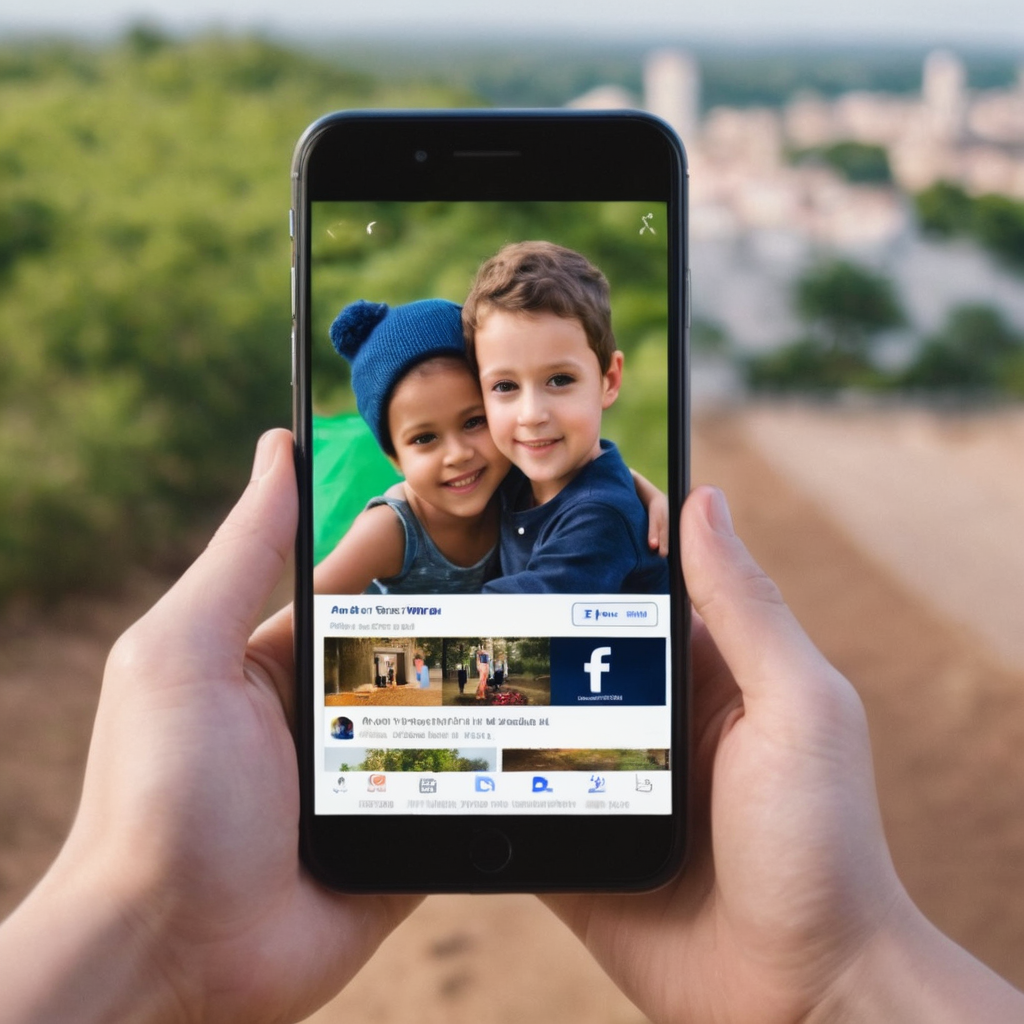LIFESTYLE
Social Media and Mental Health: How safe is your child on Social Media?

The proliferation of social media platforms has dramatically transformed the way people, particularly the youth, interact and perceive the world around them. This digital revolution has not spared Kenya, where adolescents and young adults aged 13-25 find themselves at the nexus of unprecedented connectivity and influence. While social media offers numerous benefits, its impact on the lives of Kenyan youth, as observed through a lens of African values, deserves careful examination.
The recent Senate hearings in the United States shed light on the profound concerns surrounding social media’s effects, with CEOs of major platforms, including Facebook, Instagram, and Snapchat, facing scrutiny over their role in shaping young minds. Mark Zuckerberg, CEO of Facebook, acknowledged the need for better safeguards to protect young users, emphasizing the platform’s commitment to addressing harmful content and promoting well-being. Similarly, Instagram CEO, Adam Mosseri, acknowledged the platform’s responsibility in addressing mental health issues among its users, especially the youth.
A survey conducted by the U.S Surgeon General on the impact of social media on the mental health of children revealed that children who spent more than three hours a day on social media have double the risk of poor mental health outcomes including anxiety and depression. These statements resonate globally, including in Kenya, where concerns about the impact of social media on mental health, sexual disorders, and instances of malpractice have become increasingly prevalent. According to a study by the Kenya National Bureau of Statistics, over 80% of Kenyan youth aged 15-24 actively use social media platforms, indicating the pervasive influence of digital technologies on this demographic.
One of the most alarming consequences of excessive social media use among Kenyan youth is its detrimental effect on mental health. Research conducted by the Kenya Medical Research Institute (KEMRI) highlights a significant correlation between prolonged social media engagement and symptoms of anxiety, depression, and low self-esteem among adolescents. Moreover, incidents of sexual disorders and malpractice stemming from social media use have also come to light in Kenya. Cases of online grooming, cyberbullying, and dissemination of explicit content have raised serious concerns among parents, educators, and policymakers.
The big question therefore is how do we protect our children from the potential harms of using social media platforms? This discussion has been the major point of concern for US policy makers amidst growing concern from the American public. Facebook head of safety, Antigone Davis was at pains to explicate the platform’s child protection policies to the Senate, with evidence suggesting minimal oversight and an intentional strategy by the organization to accommodate more users under the 13-18 age demographic.
An inquiry by the BBC on Facebook’s safety protocols revealed that the organization was aware that several of its users on the platform were conducting sex trafficking operations and peddling sexually explicit content. But it was not until mobile giant Apple threatened to remove Facebook on their platform that the organization moved to address the issue. Since then almost all social media platforms have introduced several features on their platforms to help parents monitor and control their children’s use of social media.
But let’s face it, if you’re a parent reading this, how often do you monitor what your child does on social media? Even more importantly, how many of you have any idea what portion of your screen to click on set up the parental control features on any social media platform? The fact of the matter is that many Kenyan parents, especially those within the older 40-60 year old age group barely have an inkling on ow to navigate their way through the dizzying columns of social media.
The Child Online Protection Guidelines issued by the Communications Authority of Kenya underscore the need for proactive measures to safeguard children from online threats, emphasizing the importance of parental guidance and digital literacy education. Despite having the right policies in place to address the issue the implementation has been near non-existent.
From an African perspective, the impact of social media on Kenyan youth cannot be divorced from the broader cultural context and traditional values that shape societal norms. Unlike in Western societies, where individualism and self-expression are often prioritized, African cultures place a strong emphasis on communal identity, respect for elders, and collective well-being. Therefore, the proliferation of Western ideals through social media platforms presents a unique challenge to the preservation of African values among the younger generation.
In many African societies, social media’s influence has been observed to erode traditional norms of respect, humility, and intergenerational communication. The pursuit of Western beauty standards promoted on platforms like Instagram can lead to feelings of inadequacy and dissatisfaction among Kenyan youth, undermining their confidence and cultural pride. Furthermore, the prevalence of cyberbullying and online harassment runs counter to the ethos of Ubuntu, which emphasizes compassion, empathy, and solidarity within communities.
To address these challenges, there is a pressing need to prioritize the promotion of African values in the digital age. This involves fostering critical digital literacy skills that empower youth to navigate social media responsibly while upholding cultural identity and resilience. Initiatives such as the Digital Literacy Program launched by the Kenyan government aim to equip young people with the necessary tools to discern credible information, engage in constructive dialogue, and mitigate online risks.
Additionally, collaboration between government agencies, civil society organizations, and tech companies is essential to develop comprehensive strategies for promoting online safety and well-being among Kenyan youth. This includes leveraging technology for positive social impact, such as using social media platforms to amplify African voices, promote cultural heritage, and facilitate community development initiatives.
Furthermore, parents and educators play a crucial role in guiding young people towards a balanced and mindful approach to social media use. By fostering open communication, setting boundaries, and leading by example, adults can empower youth to cultivate healthy digital habits while embracing their cultural heritage.
In conclusion, the impact of social media on the lives of Kenyan youth between the ages of 13-25 cannot be overstated. While social media offers unprecedented opportunities for connectivity and expression, it also poses significant risks to mental health, cultural identity, and communal values. By prioritizing African values and fostering digital literacy, Kenya can harness the potential of social media to empower its youth while safeguarding their well-being and cultural heritage for generations to come.










Leave a Reply
You must be logged in to post a comment.